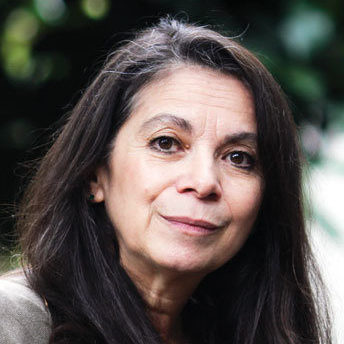Macaulay Honors College
Rebel Women! Artists, Writers, and Musicians from Hispanoamerica
Instructor: Carmen Boullosa
Wednesdays, 3:00 PM – 5:40 PM
Modality: In-person
Macaulay Classroom 2 (204)
Course Code: MHC 346
Silvina Ocampo, Selected Stories; Rosario Castellanos, The Nine Guardians; Elena Poniatowska, Lilus Kikus; Elena Garro, Recollection of Things to Come

Carmen Boullosa
Distinguished Lecturer
Macaulay Honors College
View Profile
